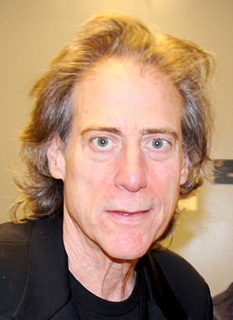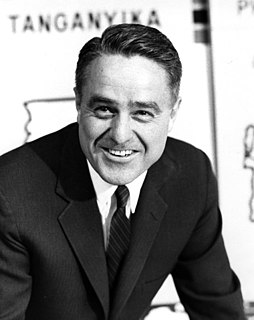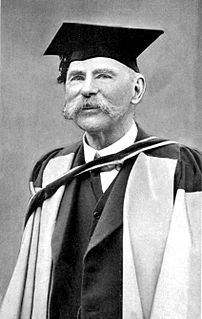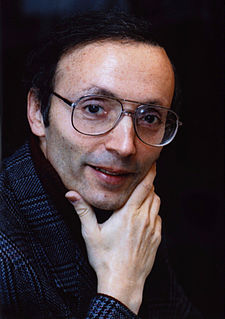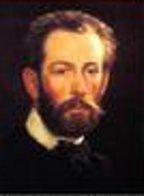A Quote by Dennis Prager
The '60s redefined narcissism as idealism.
Quote Topics
Related Quotes
Youth is a period of idealism. The Communists attract young people by appealing directly to that idealism. Too often, others have failed either to appeal to it or to use it and they are the losers as a consequence. We have no cause to complain if, having neglected the idealism of youth, we see others come along, take it, and harness it to their cause - and against our own.
Roles constantly have to be redefined in any form of entertainment. Look back at the gangster pics of the 1930s and 1940s and the way James Cagney or Humphrey Bogart would play the part. These roles were redefined in the 1970s by Al Pacino and Rober DeNiro. And again in the 1990s by Gary Oldman and Anthony Hopkins.





